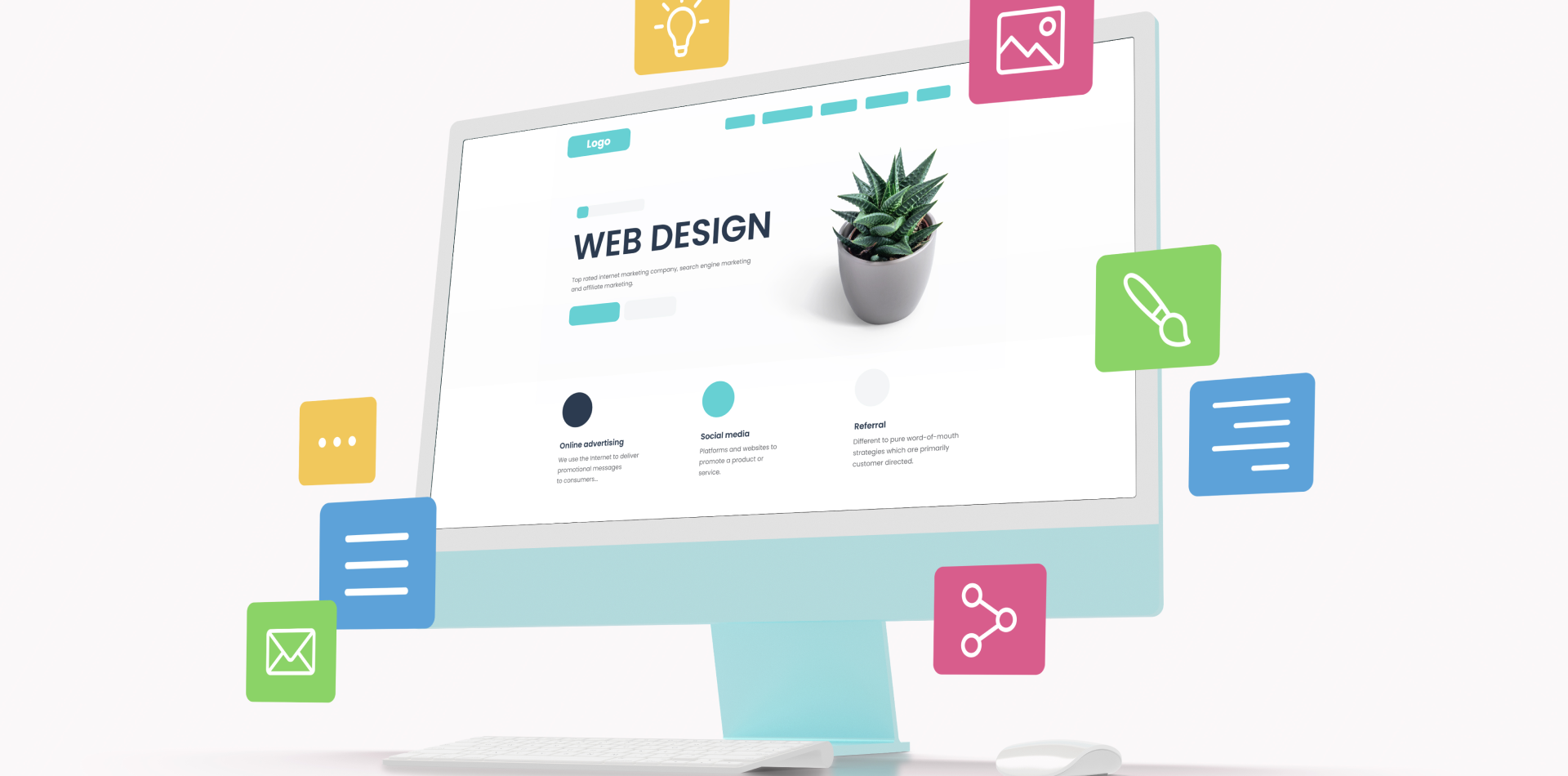Your Website Should Speak Your Brand’s Language
Imagine landing on a website that’s beautifully designed but doesn’t feel quite… right. The layout is clean, the content is good—but the colors, fonts, and visuals don’t align with the brand message. That mismatch can quietly turn away potential customers.
Your website is your brand’s digital home. And just like your logo or packaging, your site’s design should tell a consistent, compelling story. With WordPress themes, you get a powerful starting point—but it’s your custom touches that bring the brand to life.
In this guide, we’ll walk you through how to customize WordPress themes to fit your brand, even if you’re not a developer. Whether you’re using a free theme or a premium one, the right changes can make your site feel uniquely yours.

🧠 Why Brand Customization Is Non-Negotiable
Today’s users don’t just visit websites—they judge them. And they do it fast.
⚡ A consistent brand look boosts trust and recognition.
⚡ Personalized design increases time-on-site and conversions.
⚡ Differentiated design sets you apart from cookie-cutter competitors.
Your theme might be “ready out of the box,” but your brand deserves a look that’s tailored, not templated.
🛠️ Step-by-Step: Customizing Your WordPress Theme Like a Pro
Let’s break down the exact steps to transform a generic theme into a branded powerhouse.
🎨 1. Define Your Brand Visuals First
Before diving into customization, get clarity on your brand style.
🟢 Define your brand color palette (2-4 colors max).
🟢 Choose 1–2 primary fonts that match your tone (modern, friendly, bold, elegant, etc.).
🟢 Collect or create on-brand imagery—think product photos, team headshots, or illustrations.
Pro Tip: Use tools like Coolors or Fontpair to test combinations.
🔧 2. Customize Using the WordPress Customizer
Go to Appearance → Customize in your dashboard. Most modern themes offer live preview options, letting you tweak and see changes instantly.
🟢 Adjust colors for backgrounds, buttons, links, and headers.
🟢 Upload your brand logo and favicon.
🟢 Set your preferred site typography (some themes allow full control, others need plugins).
This is the easiest way to make your site feel like your brand, without coding.
🖼️ 3. Replace Stock Images with Custom Content
Themes often include placeholder images that look polished—but they’re not yours.
🟢 Replace all demo content with your own visuals.
🟢 Use images that tell your story: product in use, your team, behind-the-scenes shots.
🟢 Compress images to improve speed without sacrificing quality (try TinyPNG).
Authentic imagery builds emotional connection and improves trust.
🧩 4. Use a Page Builder for Flexible Layouts
If your theme is limiting, page builders give you the freedom to create sections, columns, and custom content with drag-and-drop ease.
🟢 Top builders: Elementor, Beaver Builder, Brizy, WPBakery
🟢 Customize spacing, animations, button styles, and more.
🟢 Build landing pages or custom home layouts that reflect your brand flow.
Page builders turn your design vision into reality—no developer required.
📦 5. Add Custom CSS (If Needed)
For advanced styling beyond the customizer, a bit of CSS goes a long way.
🟢 Use the “Additional CSS” panel in the Customizer.
🟢 Tweak button hover effects, typography spacing, or layout quirks.
🟢 Don’t know CSS? Use a plugin like YellowPencil for visual CSS editing.
Just remember: small changes, big impact.
🧠 6. Brand Your Navigation & Footer
Don’t forget these two underrated brand touchpoints.
🟢 Use branded CTAs in your menu (e.g., “Start Free Trial” vs. “Sign Up”).
🟢 Customize your footer with brand colors, contact info, and a strong CTA.
🟢 Add trust signals: security badges, certifications, testimonials.
Your nav and footer should feel like intentional parts of your brand, not an afterthought.
🧪 7. Test on All Devices Before You Launch
You don’t want your beautiful customization to fall apart on mobile.
🟢 Test your site on desktop, tablet, and smartphone.
🟢 Ensure branding stays consistent across screen sizes.
🟢 Check font readability, button placement, and image scaling.
If your brand looks different across devices, the message gets diluted.
🚀 Bonus: Plugins That Help You Brand Like a Pro
Here are a few tools to elevate your customization game:
✨ Customify – Lightweight plugin to extend theme options
✨ Elementor – Drag-and-drop builder with global style settings
✨ SiteOrigin CSS – Free visual CSS editor for easy styling
✨ Fonts Plugin – Add Google or custom fonts site-wide
✨ WPForms – Branded forms with customizable styles
📈 What You Get When You Customize Your Theme
A custom-branded WordPress site doesn’t just look good—it performs better.
🎯 Better user retention from a cohesive experience
🎯 Increased conversions from trust-building design
🎯 Improved brand recall and loyalty
Think of your website as your digital storefront. Would you decorate it with someone else’s branding?
💬 Tell Us: How Have You Branded Your WordPress Site?
What tricks, tools, or customizations helped you align your site with your brand? Drop your tips or questions below—let’s build better brands together! 💬👇




8 Comments
Rachel
27 March 2025Great advice! I swapped out all stock photos for original brand imagery and the site finally feels like us. It made a huge difference.
Liam Foster
27 March 2025Really helpful breakdown—especially the part about using branded CTAs in the nav. Just updated ours to reflect tone of voice better!
Olivia Brooks
27 March 2025Replacing demo content with custom visuals is such a small step but it adds so much authenticity. Thanks for the reminder!
Ben Carter
27 March 2025Been using Elementor for a while now, but didn’t realise how much the footer was letting my brand down. Revamping that next!
Sophie Ellis
27 March 2025The checklist here is 🔥. I used Coolors for my palette and now everything from my logo to my CTA buttons feels aligned.
Tom Reynolds
27 March 2025Custom CSS tip was spot on. I used YellowPencil last week to tweak button animations—works like a charm without touching code.
Chloe Adams
27 March 2025This guide is gold! I shared it with my clients who try to DIY their websites but don’t know where to start.
Harry Morrison
27 March 2025Love the tone of this post—really clear and practical. Branding the footer is something I hadn’t thought about but will now!